Data Classification and Mapping
Data is the resource that fuels our digital economy, but most enterprises find it difficult to get value out of their data because they do not know what they have, where it is, or what it means.
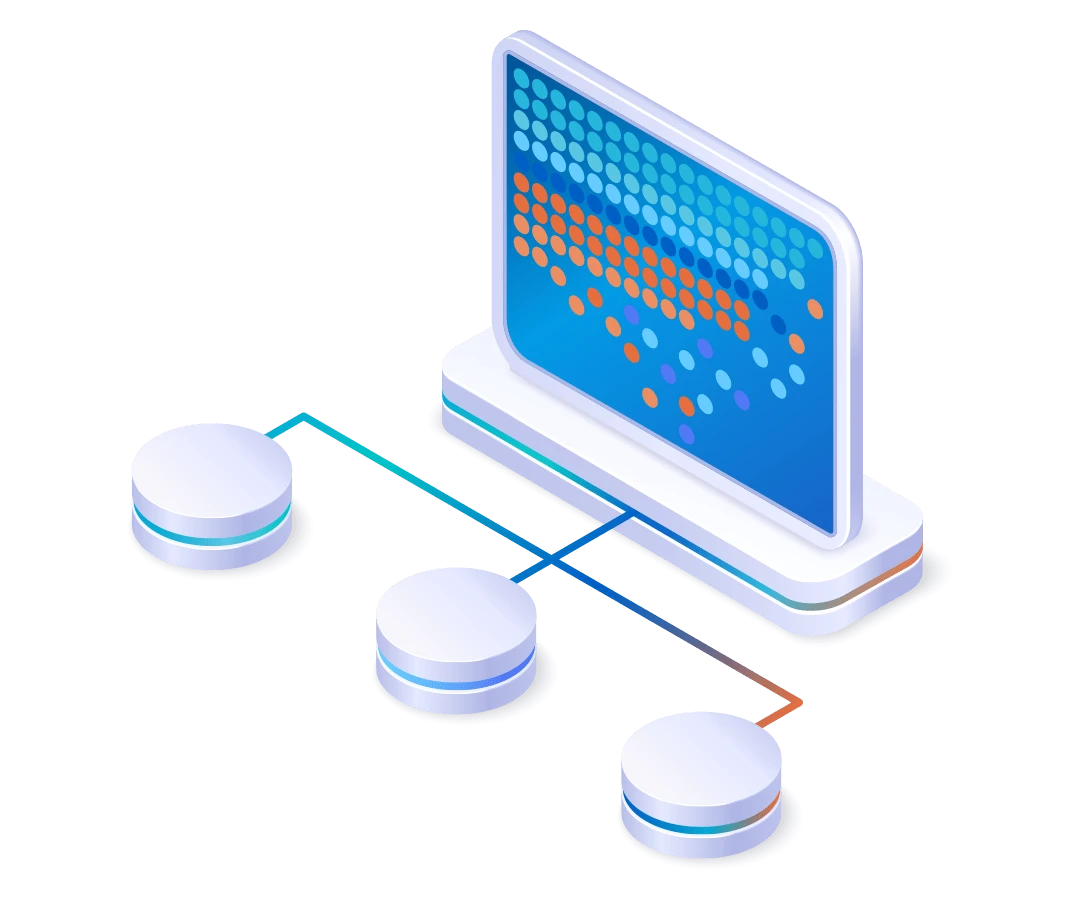

An Overview of Data Classification and Mapping
Data Classification is a core capability that is leveraged across all the Global IDs platforms. What it does is interpret the meaning of data in terms of what business-understandable categories the data belongs to. Once data is classified, it is easier to search for. It is also easier to manage different groups of data in the specific ways needed for each group.
For instance, personal information has one set of management requirements, and financial information has a different set of requirements in some enterprises.
Global IDs’ Data Classification
Global IDs Data Classification uses artificial intelligence (AI) and machine learning (ML) to drive its automation. Automation is vital because the number of data elements to be classified in even a medium-sized enterprise can be in the millions, and human efforts cannot scale to this level.
Another differentiator of Global IDs approach is that it is the data values that are automatically inspected during Data Classification, and not technical metadata alone. This AI / ML driven automation allows Global IDs to link the technical data elements to their business-understandable logical classes with a high degree of confidence.
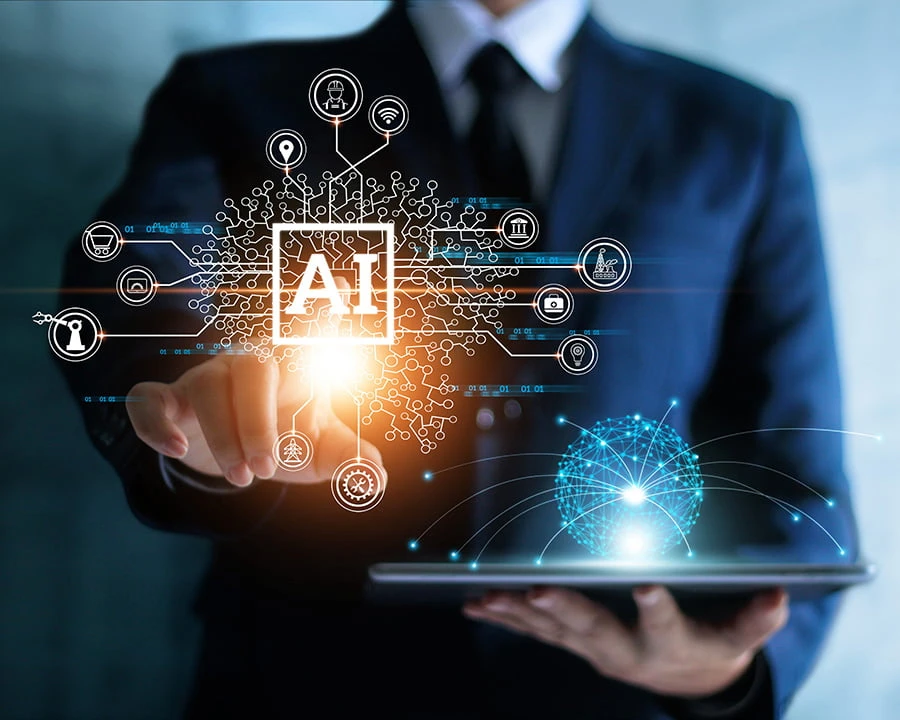
Data Classification: Classify Your Vast Ocean of Data
How to Identify, Manage, & Protect Private Sensitive Data.

Discovering Relationships within the Data
An important part of Global IDs Data Classification is discovering relationships within the data. When strong relationships are found between two data elements in the same or different databases, then the semantics of one data element can be inferred for the other. The efficiency gains provided by this approach are tremendous, and it is orders of magnitude more efficient than bottom-up approaches involving human “data stewards” and similar roles.
In addition, the number and type of relationships classified for a particular data element provide a measure of importance, enabling the identification of critical data elements that would otherwise go unrecognized.
Global IDs Takes Advantage of Human Input
Of course, Global IDs take advantage of human input wherever this is added to enhance the Data Classification, again using AI /ML capabilities to leverage this input across the entire data ecosystem of the enterprise.
Contact us at +1 (888) 514-0192 to learn more about Global IDs Data Classification capability and to request a demo.

How It Works
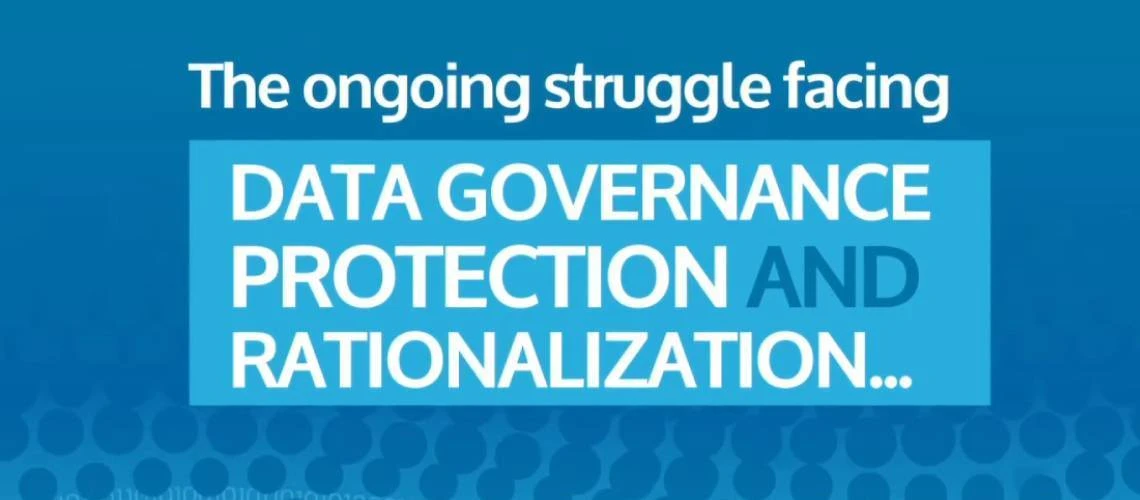
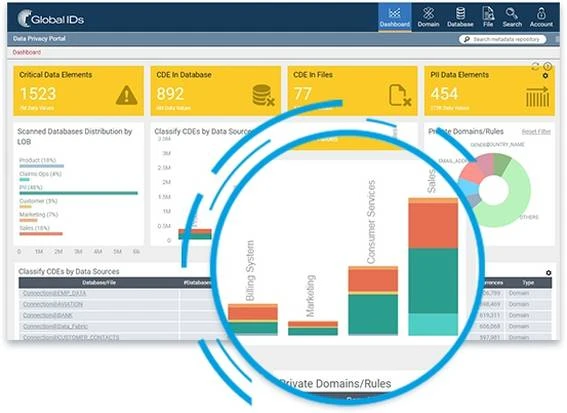
Where is the Relevant Data?
Where does all the data related to compliance reside in your enterprise? Where does all the data reside that relates to key business concepts? Beyond an inventory of data assets, you need to know what data means, so you can identify all the relevant data.
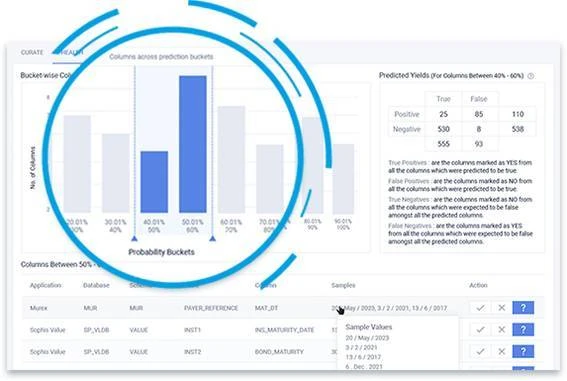
Logical Classification with Machine Learning
Relevance resides in logical relationships. Humans can spot such relationships readily. Machines can learn to emulate this capability, automating the logical classification of the volumes of enterprise data spread across many systems.
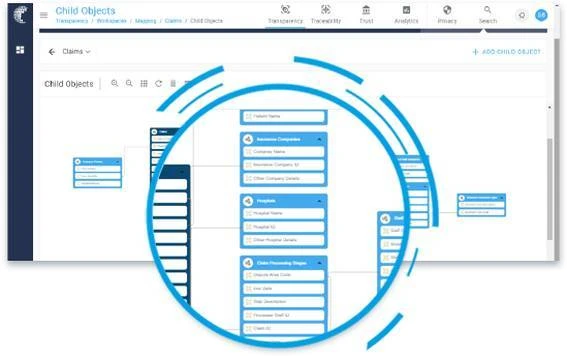
A Business Data Map for the Whole Enterprise
Global IDs Data Classification uses machine learning algorithms and a scalable architecture capable of logically classifying millions of columns per day, linking them with the logical business concepts they physically represent.
The result is a view of the data landscape keyed by relevance- so your data stewards can select, secure, and monitor all the relevant data automatically.
At a Glance
The Global IDs platform maintains an up-to-date, comprehensive inventory of data assets, wherever they are in the ecosystem.
Granular Mapping of Business Concepts to Physical Tables and Columns
Identification of Data Relevant to Compliance and Decision-Making in Data-Centric Initiatives
An Automated Classification that Scales (> 1M Columns Classified Per Day)
Classification Accuracy Greater Than 90%
As Quoted in 
CDO, Manufacturing
President, Banking
Data Governance Specialist, Banking
My favorite aspect of Global IDs is the company itself. The leadership of Global IDs has demonstrated to me that it cares greatly about my success in using the product and ensuring I am getting the right value to help my company in meetings its goals.
Data Governance Lead, Finance
The support team makes all of the difference. They’re always willing to work with you to create whatever you feel like is missing or needs to be tweaked to provide a better end-user experience.
Data Governance Lead, Banking
The company has a passion for adding new product features that are needed for modern metadata management, and they strive to truly understand the needs of their customers. The technical depth of the product provides confidence in its applicability and use. Overall, it is the ecosystem approach that really sets Global IDs apart from the competition.

